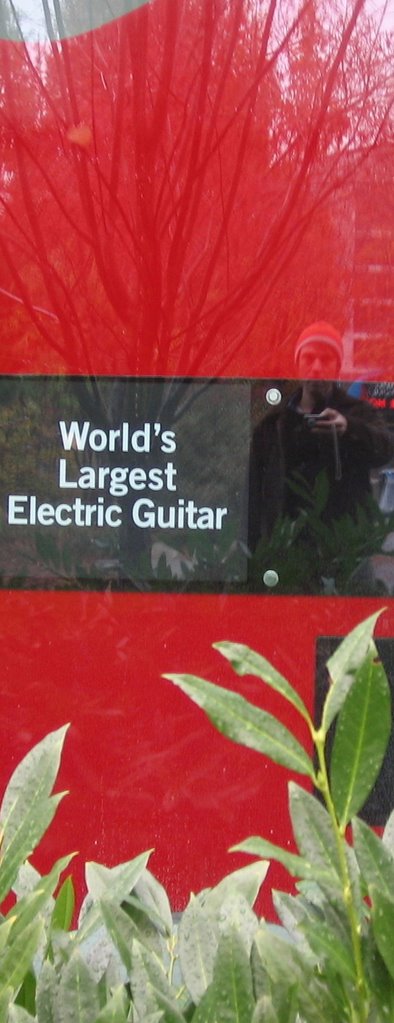Isn't pop culture just one big breeding ground for memes?
I'm reading about them on Susan Blackmore's website and she refers, like many, to Richard Dawkins' book, The Selfish Gene. He suggests “tunes, ideas, catch-phrases, clothes fashions, ways of making pots or of building arches” as examples of memes.
Look at the television show VH1's I Love The '80s. It's like a popularity contest (or memularity contest) for memes. Which ones survived? Do our references to Jim Nabors and Ruth Buzzi on Krofft Superstars' The Lost Saucer induce a case of the recognition-giggles? Should Hal Sparks be on the list of memetic geniuses because of his vast knowledge of trivia from things past? Where does one draw the line between trivia and memes? While there is a certain glee (and corresponding sickness) that goes along with the ability to remember the secrets of the Rubik's Cube (let alone its myriad permutations—remember that pyramid version?) but it is the concept and phrase of Rubik's Cube that actually survived. There is certainly an element of shared experience in meme development. Just mention Superelasticbubbleplastic to anyone over 30.
And does memory have anything to do with memes? Well, I mean, it does, of course. But the ability to memorize trivia or song lyrics is a bit different from the whittled down form of the meme. I found myself a few years ago at a Tony Awards party where Debbie—excuse me—Deborah Gibson performed right after she finished her performance as Belle in Beauty and the Beast on Broadway. Now, she did not sing anything from that early Disney foothold on the Great White Way, but instead sang what the crowd was jonesing for: Only in My Dreams. I sang along with every word. We all did. Where those lyrics were being stored in my brain, I'll never know. However, it was amusing nonetheless. But knowing the lyrics of a song from your school days when, perhaps, you were hyper-focused on popular music does not really elevate the song to meme status. Remembering the battle with Tiffany for number one pop mall diva might.
And what does all this have to say about the manipulative nature of pop culture? We might like to believe that artists just magically have success and that those Top 100 charts are a genuine reflection of the public's interest. But they aren't. They are manipulations made to generate sales—to make money, my friends. Therefore, many of these pop culture memes aren't organically generated or disseminated, because it's the ones with the financial backing to hit the widest audience (translate: advertising) who succeed.
Like the awards shows, for example. Leslie Jordan, who won an Emmy this year for his role as Beverly Leslie on Will & Grace, confessed that he (like many, many others) had taken out ads in Variety and doggedly petitioned for Emmy nominations in prior years and was actually surprised when he finally won. The viewing public would like to believe that these awards are generated to reward artistic merit. But as we saw from Shakespeare In Love's win over Saving Private Ryan years ago, Miramax's Harvey Weinstein just spent more money licking the asses of the Academy Voters.
I have spent so much time adding those links on my aunt's dial-up account that I have completely lost track of where I was going. So, to wind it up, I want to explore/discuss the inherent nature of memes. Is there a distinction between organic memes and monied memes? Would we call them poor vs. rich memes? Or free vs. expensive memes?
OK, I'm outta here.
Subscribe to:
Post Comments (Atom)


No comments:
Post a Comment